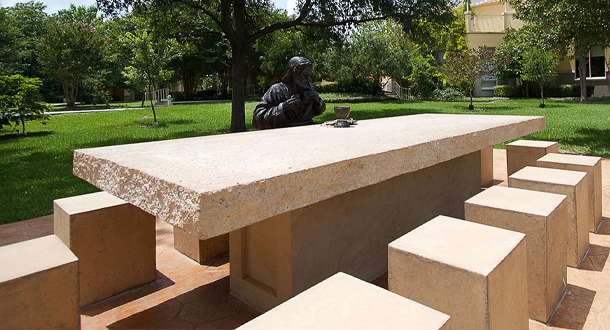
Scripture:
Exodus 12:1-8, 11-14
1 Corinthians 11:23-26
John 13:1-15
Reflection:
Coming Empty to the Table of Our Lord
The gospel of John for the Mass of the Lord’s Supper has no supper. Nor will most of us dine at the banquet table of the Eucharist this evening. John tells us of another aspect of the Eucharist: our call to serve. “What I just did was to give you an example: as I have done, so you must do.”
Since Monday the liturgy as been preparing us for tonight. On each of those days, we have joined Jesus at a meal.
What a very strange meal took place on Monday of Holy Week. Strange in the sense that there is no food. We can’t begin to imagine what Martha prepared, but knowing Martha as we do, we can presume there was a lot of it. And Mary, who thanks her soul friend without words, anoints Jesus’ feet with rich oil and dries them with her hair. Who better to do something that will look to the day of Jesus’ burial than Mary, who had just mourned the death of her brother. Mary, the contemplative who is comfortable with mystery and finds meaning there. And Lazarus. Who sat next to Lazarus? Maybe Jesus. What a strange meal. This is a vision of the banquet table of heaven – the arguing women reconciled, the dead Lazarus alive, there is service, there is love and gratitude, there is Jesus. But if I was a neighbor who stopped by for a quick bite, I’m not sure I would have stayed. Something else is going on in that house.
This was Jesus’ refuge after his trips from Galilee. Bethany was the rest stop where Galileans recuperated from their long walk, rested and then entered Jerusalem to celebrate their feasts. But the shadow over us today is that Jesus has just lost his place of comfort. His world will not be here much longer. He doesn’t have a place.
On Tuesday and Wednesday, first in John’s gospel and then Matthew, Jesus is emptied of things he loved. First, night envelopes Judas, who leaves to betray him. Then in Matthew’s story where Judas is identified as the betrayer, all the disciples ‘one after another’ deny that they would betray him. Judas betrays, the others flee, and Jesus is alone.
Tonight at the Last Supper Jesus has lost his place of comfort in our world, he will not have friends but is alone, darkness descends around him. In Jesus’ world, where he saw beauty and often speaks of nature, it will never be beautiful again.
Many people now feel very empty. We are deprived of the Eucharist, the beauty of the world and one another. We live with uncertainty and fear in this time of virus. During Lent, we fasted to become empty. To become empty is God’s gift, fasting our prayer. It seems God has called us to great emptiness now. We hear the greatest penances are not the ones we choose to but the ones that come unwelcome, unwanted. Today you may feel not at home, even afraid, in the world you live in, lonely and in darkness, empty of friends, peace, hope. If you are empty Jesus knows those feelings; they are his feelings too. He shares them with us. It seems something is placed upon us, not at all of our choosing. Into this emptiness, this hunger, may Jesus come to you today.
Fr. William Murphy, CP is the pastor of Immaculate Conception parish in Jamaica, New York.

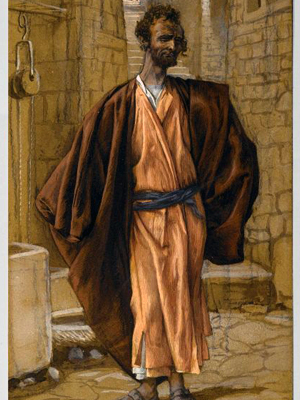
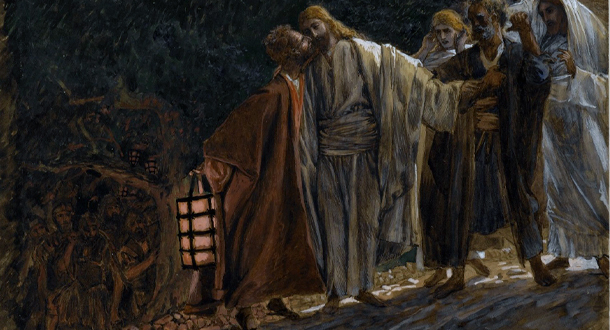 Scripture:
Scripture: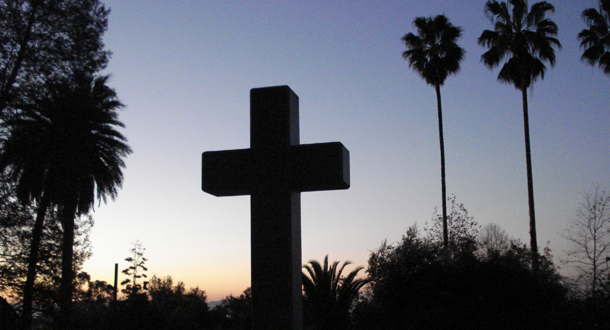 Scripture:
Scripture: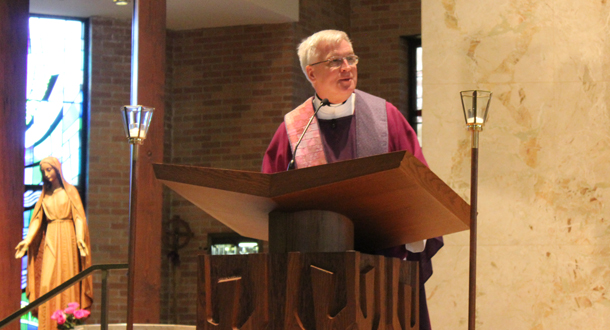
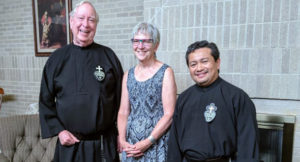
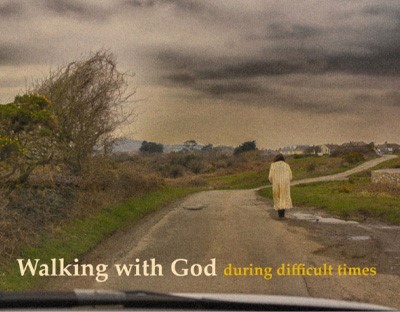
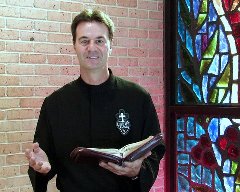
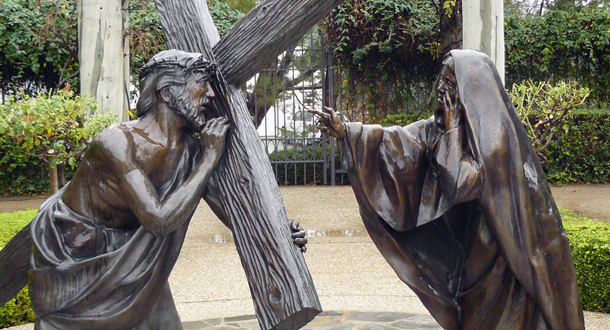
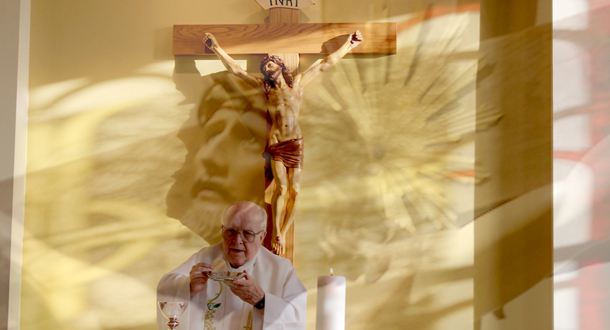 Scripture:
Scripture: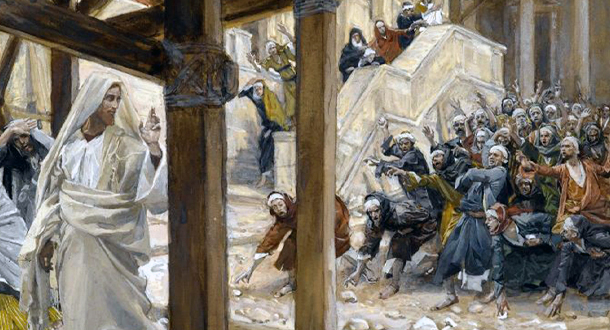 Scripture:
Scripture: